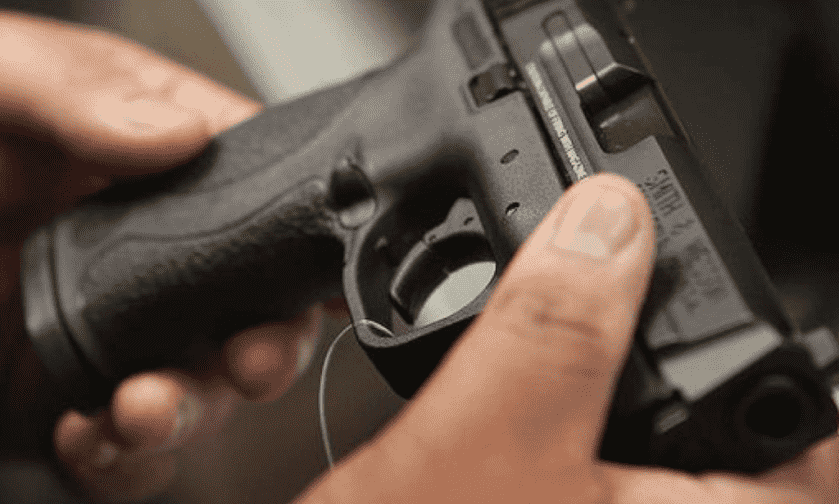
By Elizabeth McGuigan
What happens when a virulent anti-gun activist gets ahold of a journal’s entire October issue? We get headlines like: Study: U.S. Gun Deaths Surge, Except for Two States With Restrictive Gun Laws, just days after headlines such as: Homicides, other violent crime fell again in 2018, new FBI data shows and FBI: Southern States See Largest Drop in Violent Crime.
What’s the real story here? Did researchers unearth better crime data than the FBI?
Data Tells
Turns out that it doesn’t take much to see how the study’s authors manage to make the news. They simply included suicides in with homicide data. Suicides are tragically rising nationwide over recent years. However, homicides have been on the decline. Since suicides are two-thirds of all firearm-related deaths in a given year, combining the two shows a net increase. The state-specific data wasn’t available online, apart from the sweeping conclusions and a carefully worded methodology that included adjusting the dates until the data fit the pre-conceived narrative. But we do know that suicide rates tend to be higher in rural areas with more risk factors including social isolation, lack of access to healthcare, unemployment and poverty. It shouldn’t be a surprise that the study found higher rates in these areas. What is a surprise is the authors’ weak and unsubstantiated attempt to connect this with gun control laws in more urban states.
Conflating Isn’t the Cure
There’s no question that the increase in suicide rates is a crisis that must be addressed. The firearms and ammunition industry has partnered with groups like the American Foundation for Suicide Prevention for this reason. But to come up with ways to help, it’s important to focus on the actual issue, and not misleadingly lump together suicides with a separate – though also terrible – problem of homicides. Our industry knows there are different ways to help address each concern. Even the study’s authors agree. In the final line of the entire misleading report, they write: “The epidemiology of firearm violence is complex and varies based on the mechanism of death, demographic group under study, and regionally specific culture, making a one-size-fits-all solution inappropriate.” At least they got one thing right.
Elizabeth McGuigan is the Director of Legislative and Policy Research for the National Shooting Sports Foundation, the trade association for the firearms and ammunition industry. Previously, she conducted policy and economic research for the financial industry and advocacy groups in Washington, DC.
